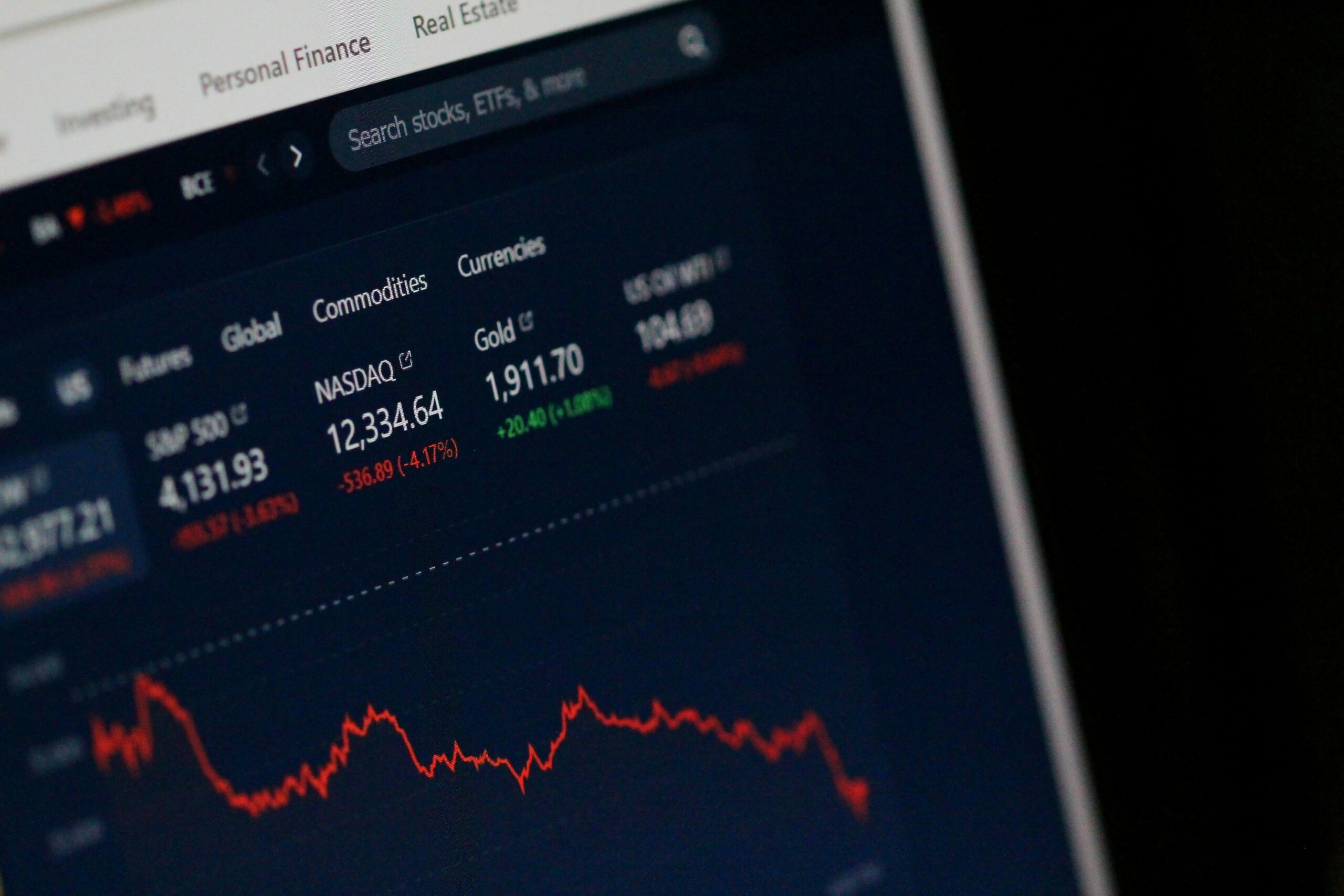India’s financial markets experienced a dramatic downturn on Wednesday, with $371 billion wiped off the stock market capitalization, following the Bharatiya Janata Party (BJP) and its National Democratic Alliance (NDA) falling short of anticipated election results. Investors, who had largely priced in a decisive victory for the BJP, were met with a rude shock as the party failed to secure a strong mandate in the 2024 Lok Sabha elections.
The Bombay Stock Exchange (BSE) Sensex plunged by 1,062.22 points, or 1.46%, closing at 72,404.17, while the National Stock Exchange (NSE) Nifty 50 declined by 345 points, or 1.55%, settling at 21,957.50. This significant drop marked the fifth consecutive session of losses for Indian equities, with the market losing over 3.5% in this period.
The market’s reaction underscores the anxiety surrounding the election results, which saw the BJP securing fewer seats than expected. Analysts had projected a clear majority for the BJP-led NDA, bolstered by opinion polls indicating strong voter support. However, the reality fell short, leading to fears of political instability and potential policy paralysis.
Avinash Gorakshkar, Head of Research at Profitmart Securities, highlighted that the rising volatility index (India VIX) indicates heightened market instability. “The market is expected to remain highly volatile until the final election results are announced. This uncertainty is prompting significant profit booking,” Gorakshkar explained.
Broader Economic Concerns
Compounding the election-related uncertainty were several global factors. Rising U.S. Treasury yields, increased tensions in the Middle East, and doubts over potential U.S. Federal Reserve rate cuts contributed to the bearish sentiment in the market. These global cues further exacerbated the sell-off, driving foreign institutional investors to offload Indian equities worth Rs 6,669.10 crore.
Certain sectors, notably industrials, infrastructure, and public sector undertakings (PSUs), bore the brunt of the sell-off, with significant losses recorded. Conversely, sectors perceived to be more resilient to political changes, such as consumer staples, IT services, and pharmaceuticals, performed relatively better amid the turmoil.
UBS warned that without a clear mandate, the market could test pre-NDA valuation levels, as political uncertainty would likely dampen business sentiment and economic policy continuity. Nomura also predicted that the rupee might face depreciation pressures in the wake of such uncertainty.
Future Outlook
Looking forward, analysts suggest that the market may continue to face volatility until political clarity is achieved. While the immediate reaction has been negative, the long-term outlook hinges on the formation of a stable government capable of continuing pro-business policies.
The broader consensus among market watchers remains cautiously optimistic. If the BJP can secure a workable majority and form a stable coalition, it is expected that the markets will recover as investor confidence is restored. However, the path to stability is fraught with challenges, and the coming weeks will be crucial for India’s political and economic landscape.







